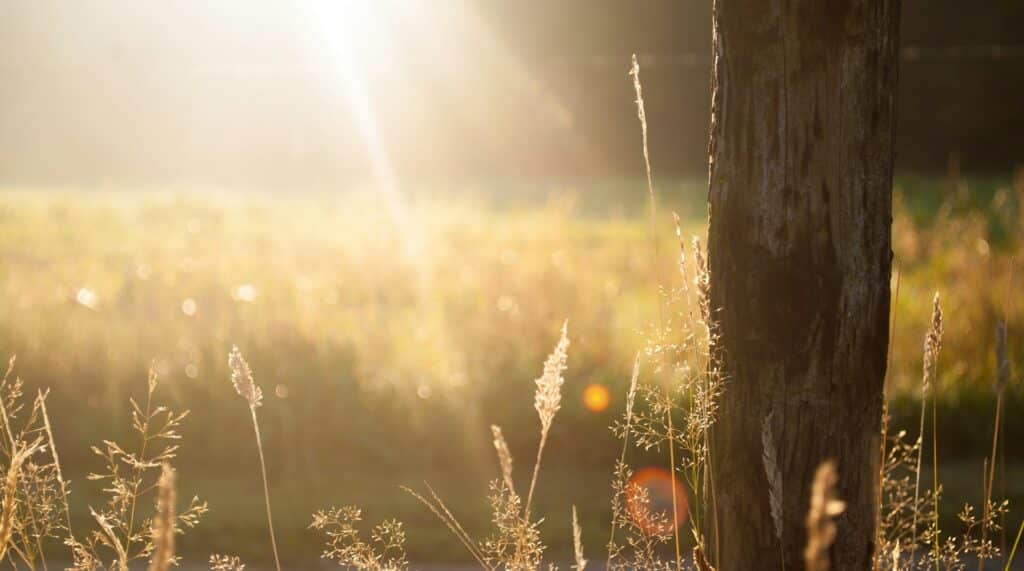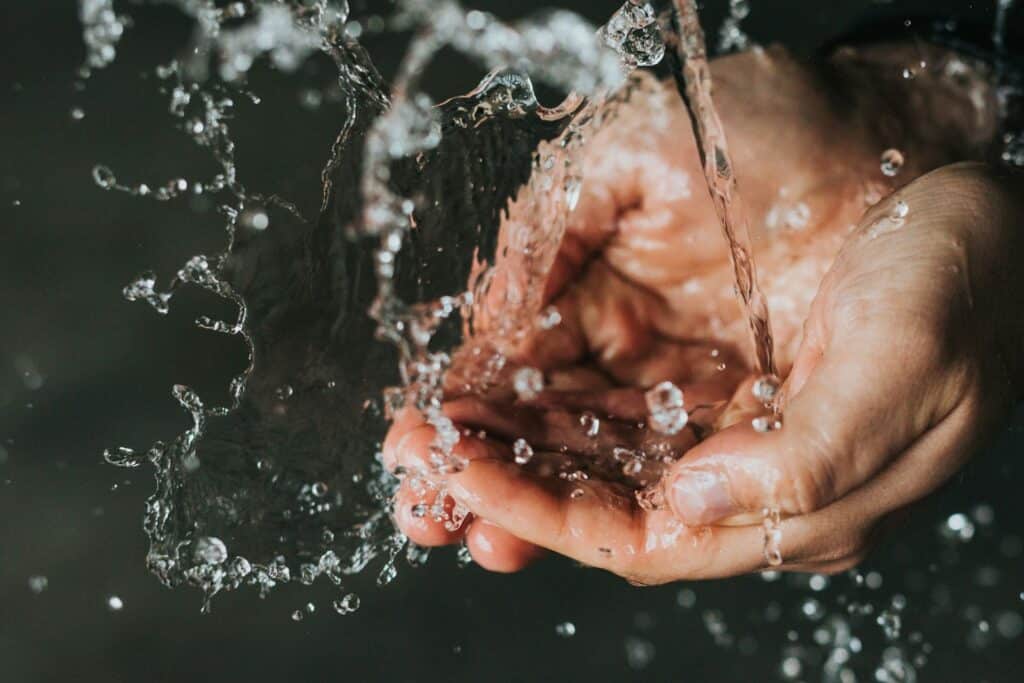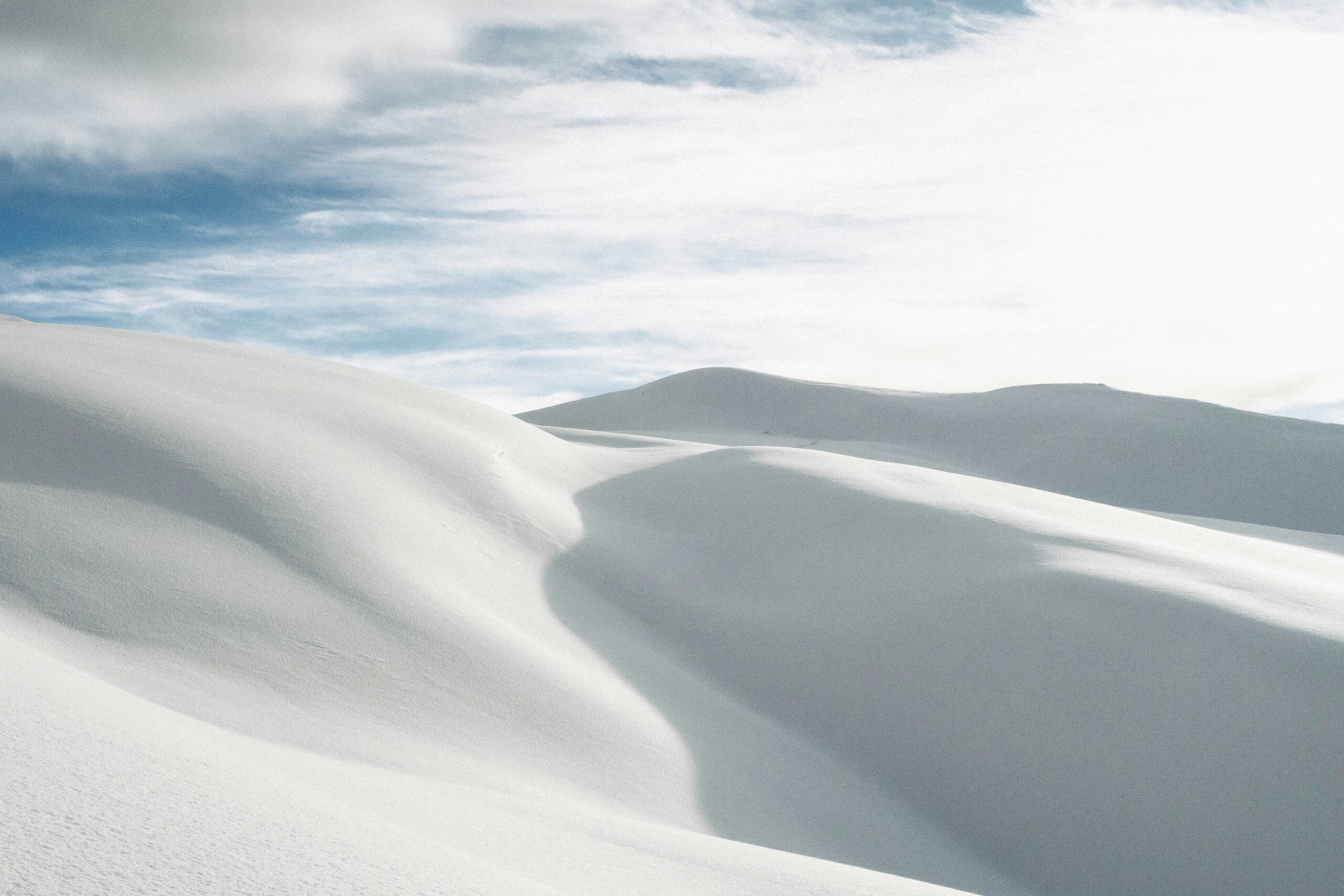At Dust and Tribe, we have a special relationship with dirt.
We love being outside.
Going without a shower for extended periods is part of the experience. Dingy clothes reeking of sweat and campfire are reminders that we had a good time, olfactory clues that we were in amazing places doing amazing things, often with amazing people.
And we don’t necessarily need to go anywhere to get dirty. We get plenty fouled up at the Camp One homestead, whether digging ditches, heaping up compost, working in the garden, or cleaning out the goat pen, you’ll think twice before you shake hands with anybody here. That’s reasonable, but we’d like to draw a distinction between dirt and filth.
Dirt, dust, earth, soil, grime, sweat, soot, and all of the other byproducts of time well spent working and playing doesn’t bother us. It comes with the territory. We welcome all of it, knowing an opportunity will soon come when we rinse it away, leaving behind only memories and, hopefully, a sense of accomplishment.
Filth is different.
Filth is habituated muck. It is the accumulation of detritus, whether physical, spiritual, or emotional, requiring special steps and extra effort to address. Because of this, we may become disinclined to try, gradually allowing ourselves to become defiled by it. When dirty, we acknowledge our layer of soon-to-be-removed unpleasantness. In contrast, filth endures and renders repulsive all that it has affected.
This is perhaps an idiosyncratic distinction, but one that we feel invested in after finally addressing some of the filth here at Camp One.
For more than a year, we’ve allowed junk to accumulate in a few piles. An old shed that fell apart, numerous boxes and feedbags, rotten wood, twisted metal- heaps of useless trash that, frankly, we had gotten used to. We found ourselves simply adding to the piles rather than removing them.
Being filthy requires investment.
A couple of weekends ago we had a break in the winter rain. The sun was shining and ambient temperatures climbed into the low 70s. It was as if spring had come early, bringing a whole lot of inspiration with it.

It was time to address the piles. It took a couple of trips back and forth to the landfill, but we cleared out most of it. It felt good, and we expected that.
We did not expect what happened next. The cynics will say it’s our imagination, and maybe it is. But the correlation was hard to ignore.
Our animals were so much more affectionate, the goats approaching us for scritches and pats, and even becoming amorous with one another. Our dog was more relaxed, and some of us opted to perform our ritual prayers outside.
Yes- the change in weather could account for a lot of that, but we’ve certainly had sunshine here before. It’s difficult to quantify, but there was a qualitative shift, a kind of relief that seemed to permeate the homestead after the junk haul.
We’ve experienced a similar phenomenon after a deep cleaning of a kitchen, a bathroom, or a bedroom. There is a level of relaxation, productivity, and inspiration that seems to immediately follow the removal of filth.
Depressed people are often advised to take a shower, to put on clean clothes, or to make their beds as an initial and consistent step in their recovery. Cleanliness is understood to be an essential precursor to their relief.
And thinking more about it, relief seems to us the very point of intimacy. Closeness is just awkward unless there is something desirable to be had from the proximity. Relief, security, attachment, and . . . comfort:
Surely in the remembrance of God do hearts find comfort.
Q13:28
The Arabic word rendered “remembrance” is dhikr, which we discussed in a slightly difference context here. Within the Islamic tradition, it can be argued that the best form of dhikr is in the observation of the five daily obligatory prayers, each one requiring a ritual ablution before its performance.

We cleanse ourselves physically as a precursor to intimacy with the Divine. We offer the prescribed prayer, finding relief in the communion even as we refresh our spirit.
We cannot avoid accumulating the residue of our choices. We are all soiled by our necessary engagement with the world. We will find ourselves physically dirty, mentally besmirched, spiritually tarnished.
If we ignore this, we become filthy.
If we address this, we see that being dirty, and resolving to clean up, is the first step in finding intimacy.

Jazakum Allahu khairan Ahmed, as always, for these reminders.
Yes, living in current contexts, the “filth” that many people are covered in, especially in “first-world” countries, is none that is evident on their bodies or clothes; rather, it is that filth which encrusts one’s heart and soul through abandonment of remembrance of Allah.
You shared such a salient ayah:
أَلاَ بِذِكْرِ اللَّهِ تَطْمَئِنُّ الْقُلُوبُ
All outward manifestations of cleanliness will reflect the inner purity of the heart.
May we always be drawn to that which is pure.
May our hearts always be at peace through the rembrance of Allah.